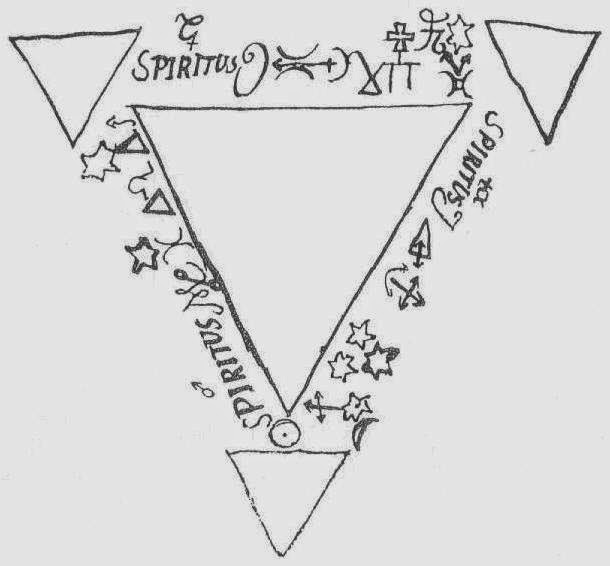CU Course on Hegel, Part 0, Introduction
Introduction to “Hegel”
This is the Introduction to
the first course for the SADTU Political Education Forum in 2015.
Why do we need this course on
Hegel among the sixteen Communist University courses? Because the giant upon whose
shoulders Marx and Engels stood was Hegel. From a pedagogical point of view, we
must not flinch from the most difficult part of our studies. We must have it in
sight, so that over time, if not at once, we will eventually master it.
Lenin wrote:
“It is
impossible completely to understand Marx's Capital, and especially its first
chapter, without having thoroughly studied and understood the whole of Hegel's
Logic. Consequently, half a century later none of the Marxists understood
Marx!!”
Hegel was born in 1770 and
died in 1831. The highest period of “Hegelianism” was the ten years after
Hegel’s death, between 1831 and 1841 – formative years for the young Karl Marx
and Frederick Engels.
The period when “Hegelianism”
was orthodox in Germany was followed by a turbulent contestation of
philosophies, in which both Marx and Engels, as Hegelians, played prominent
parts. The period of philosophical turmoil led up to the multiple revolutions
of 1848.
Philosophy was, and still is,
crucial, but it is lightly treated in the Marxist canon. Marx got his doctorate
for philosophy, and all his writings are conditioned by that study, yet, after
his doctoral thesis on Epicurus, he wrote no overt philosophy (although, as
Lenin points out, Marx’s writing is saturated with Hegelian ideas). Engels did
his best to fill the gap, but his philosophical output is scant in comparison
to what is really needed.
The problem that Lenin pointed
to, remains. It does not necessarily arise because the Marxists are lazy. It
could also arise because:
·
There is too
little directly philosophical material within the Marxist canon
·
Hegel’s work is
comparable in volume to Marx’s, but is far more difficult to understand
·
The “Logic” is
even more difficult to understand than other parts of Hegel
·
Hegel’s work is
full of special terms that are not found in the same form anywhere else
·
Such
popularisation of Hegel’s work as exists, is more often than not, misleading
We need a study of Hegel to
remedy some of the above problems.
Good Hegel, Bad Hegel
Another difficulty is that
although Hegel may have been the giant upon whose shoulders Marx was able to
stand, yet Hegel was not Marx, and Hegel was prone to errors, as we (being
Marx’s successors) may see it. Hegel is (wrongly) accused of idealism,
misogyny, and racism, to name only three such cardinal sins.
Consequently, any student of
Hegel must hear and discriminate between the various criticisms, some of which
are actively misleading.
Hegel Resources
Andy Blunden’s “Hegel by Hypertext”
is the best and biggest easily-available collected resource. It includes a lot
of Hegel’s works and lots of helpful explanatory material, by others and by
Andy himself.
Other resources include
Marx’s and Engels’ writing on Hegel; Jon Stewart and James Heartfield to debunk
myths about Hegel; Evald Ilyenkov for the relationship with Marx’s work; and
the existing CU course on Philosophy and Religion.
What do we want to get out of this course?
After Capital, Volume 3,
Hegel is the last frontier. There is nothing else that is more difficult, so everything
else will be less difficult. Purely from a subjective, studying point of view,
Hegel is the highest measure of what we have to achieve. Everything else in our
political education will be, relatively speaking, “downhill” from this point.
But in substance, Hegel is
much more than that. For example, Andy Blunden, writing of Hegels’ motivation
as a youth, says: “Hegel drew the
conclusion that the German Revolution would have to be made with philosophy
rather than with guns and mobs.”
To a great extent, as we have
mentioned above, this is what came to pass. And it appears certain that our
future revolution will also have to be made of philosophy. It will not be
possible to have a revolution without first securing the philosophical front.
We are therefore looking to
capture the salient features of Hegel’s work, because Hegel, Marx’s master, is
still to this day the most advanced of philosophers in history.
These salient features will
include a fundamental theory of human development (dialectics); a unified
conception of human history; and a full theory of the individual and collective
Subjects of History, with a consequent theory of Freedom. These prizes will be
enough, for one course, if we can achieve them.
·
Image (above): Alleged,
possibly apocryphal, doodle of Hegel’s, showing a triad, found on the Internet.
This may well be part of the misleading mythology around Hegel with which we
must do battle.
The whole course can be downloaded in the form of PDF
files, printable as booklets, from:



0 comments:
Post a Comment